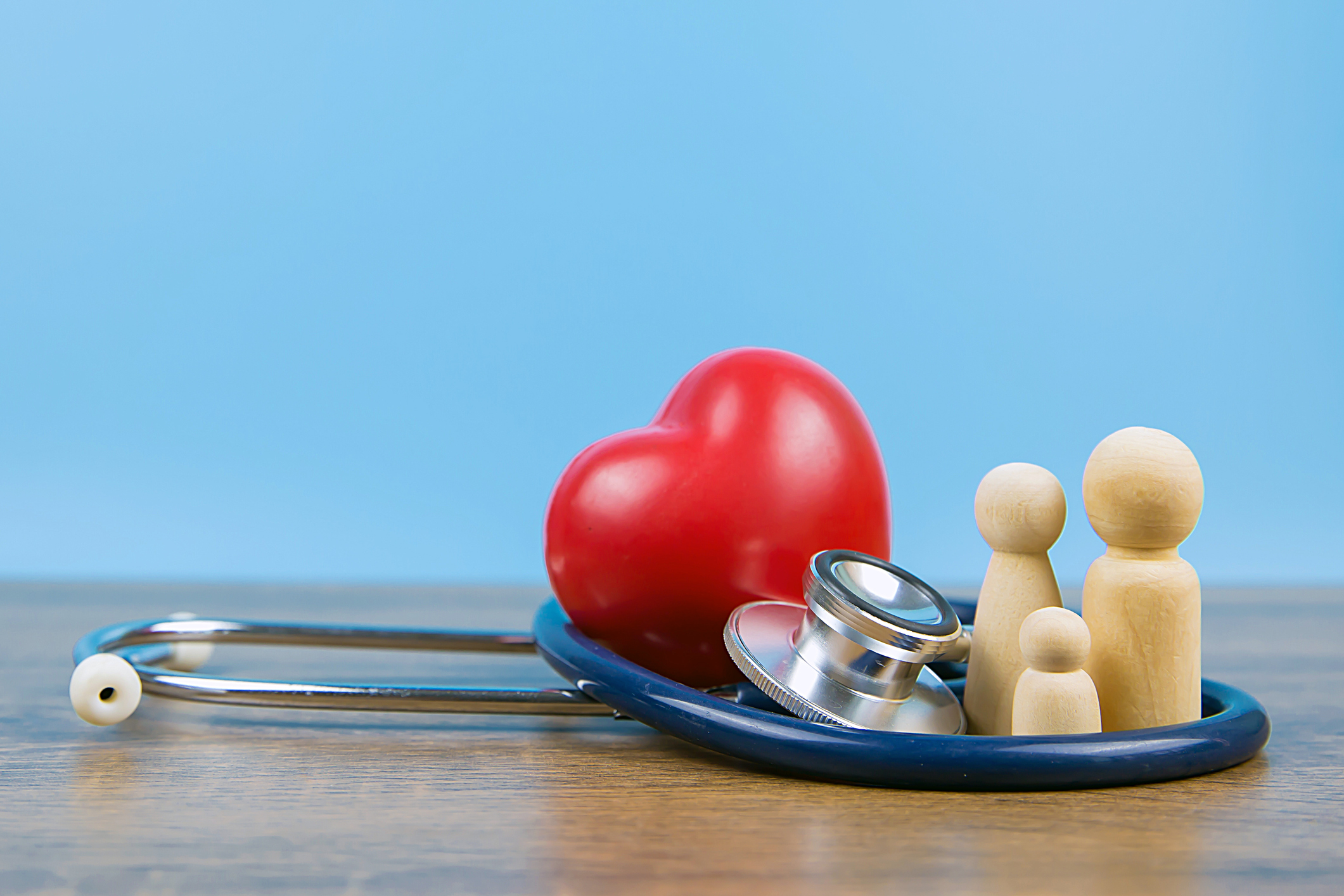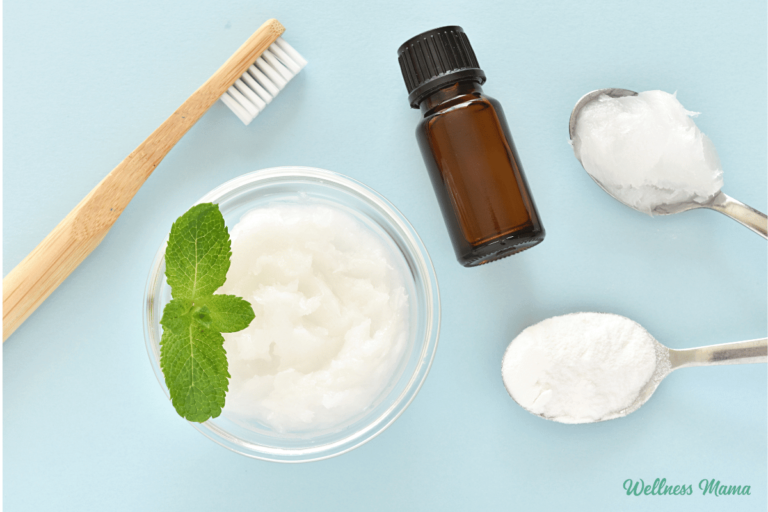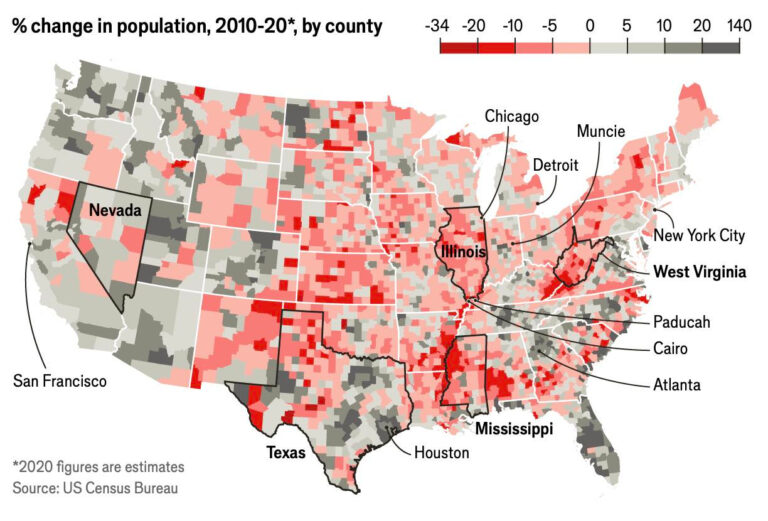
ŌURA, a wearable device company, announced Friday that it has two new heart health features that will become available in late May. One feature is for understanding users’ cardiovascular age and one is for estimating their cardio capacity.
ŌURA, which was founded in Finland, offers a wearable ring called the Oura Ring that tracks users’ sleep and activity patterns. It also has a connected app that provides personalized health data and daily health guidance. The cost of the ring starts at $299 (though there are different levels) and a membership is $5.99 a month.
The new cardiovascular features are included in the membership. The cardiovascular age feature helps users see what their cardiovascular age is compared to their actual age. Once the member has used the Oura app for 14 days, they will receive a cardiovascular age metric that shows if they are below, above or at the same level as their actual age.
The cardio capacity feature is based on VO2Max, which measures the maximum amount of oxygen a person can use during exercise. To use this feature, Oura members have to take a short walking test to get a baseline VO2Max measure.
“It essentially gives you an insight into how you’re able to absorb, transport and consume oxygen when you’re engaged in intense physical activity,” said Dr. Shyamal Patel, senior vice president of science at ŌURA, in an interview. “And the higher your cardio capacity, the more effective your body is at consuming oxygen and translating and converting that into energy.”
ŌURA also provides tips on how to improve or maintain cardiovascular health. It offers weekly and monthly data on users’ cardiovascular age and cardio capacity and ways they can better their scores through sleep and activity. It can also help providers by giving them information on their patients’ health. In addition, it can support athletes with their training.
Patel noted that the features incorporate concepts that are relatively new and haven’t been accessible to get measured. This includes arterial stiffness, which refers to the rigidity of the arterial wall. He gave the analogy of a water pump to describe the concept, with the heart being the pump and the blood vessels, arteries and capillaries being a network of hoses. If the hose is flexible, it can adapt to changes in water pressure and deliver water to plants at a consistent rate. But if the hose is stiff, any changes in the pressure of the pump is going to cause the water to flow at a higher rate and therefore, damage the plants.
Patel added that the company’s goal with launching the two features is to “give a longer-term window into your heart health and overall health.” ŌURA plans to roll out more features for cardiovascular health in the future.
Other health tech companies working to improve cardiovascular health include Hello Heart and Hims and Hers.
Photo: eakrin rasadonyindee, Getty Images






